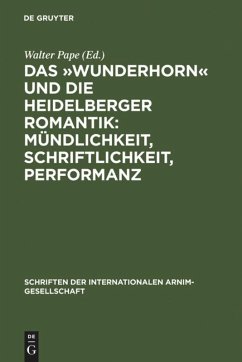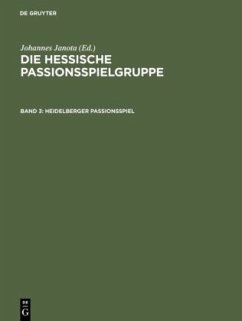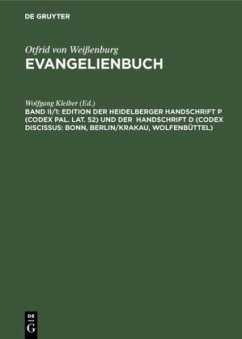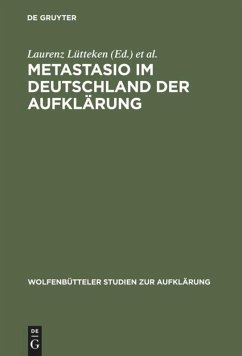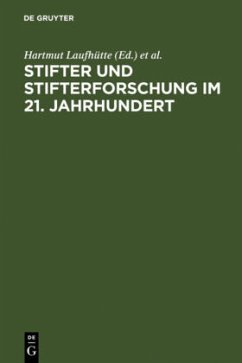The fifth colloquium of the International Arnim Society in Heidelberg (2004) revolved around the imminent 200th anniversary of the publication of »Des Knaben Wunderhorn« in 2006. For Heidelberg romanticism and for Volkspoesie in general, issues concerned with performance, the relationship between the oral and the written, citation, and intertextuality have always been central concerns. Alongside other works by Arnim and the Heidelberg romantics discussed here, Arnim and Brentano's »Des Knaben Wunderhorn« is an especially grateful subject for the discussion of these issues. Goethe himself stressed the performative aspect: »By right, this little book should be found in every house where fresh-minded people live, on the window-sill, under the mirror, or wherever hymn-books and cook-books normally lie, to be opened whenever the mood (good or bad) should take us, and we are in search of something like-minded or stimulating.«
Das fünfte Kolloquium der Internationalen Arnim-Gesellschaft in Heidelberg (2004) stand im Zeichen des "Wunderhornjahres" 2006: Für die Heidelberger Romantik und die "Volkspoesie" stehen schon immer Fragen der Performanz, des Verhältnisses von Mündlichkeit und Schriftlichkeit, des Zitierens und der Intertextualität im Zentrum. Arnims und Brentanos »Des Knaben Wunderhorn« ist - neben anderen hier behandelten Werken Arnims und der Heidelberger Romantik - besonders geeignet, diese Fragestellung zu erproben. Auch Goethe hebt den performativen Aspekt hervor: »Von Rechts wegen sollte dieses Büchlein in jedem Hause, wo frische Menschen wohnen, am Fenster, unterm Spiegel, oder wo sonst Gesang- und Kochbücher zu liegen pflegen, zu finden sein, um aufgeschlagen zu werden in jedem Augenblick der Stimmung oder Unstimmung, wo man denn immer etwas Gleichtönendes oder Anregendes fände.«
Das fünfte Kolloquium der Internationalen Arnim-Gesellschaft in Heidelberg (2004) stand im Zeichen des "Wunderhornjahres" 2006: Für die Heidelberger Romantik und die "Volkspoesie" stehen schon immer Fragen der Performanz, des Verhältnisses von Mündlichkeit und Schriftlichkeit, des Zitierens und der Intertextualität im Zentrum. Arnims und Brentanos »Des Knaben Wunderhorn« ist - neben anderen hier behandelten Werken Arnims und der Heidelberger Romantik - besonders geeignet, diese Fragestellung zu erproben. Auch Goethe hebt den performativen Aspekt hervor: »Von Rechts wegen sollte dieses Büchlein in jedem Hause, wo frische Menschen wohnen, am Fenster, unterm Spiegel, oder wo sonst Gesang- und Kochbücher zu liegen pflegen, zu finden sein, um aufgeschlagen zu werden in jedem Augenblick der Stimmung oder Unstimmung, wo man denn immer etwas Gleichtönendes oder Anregendes fände.«

